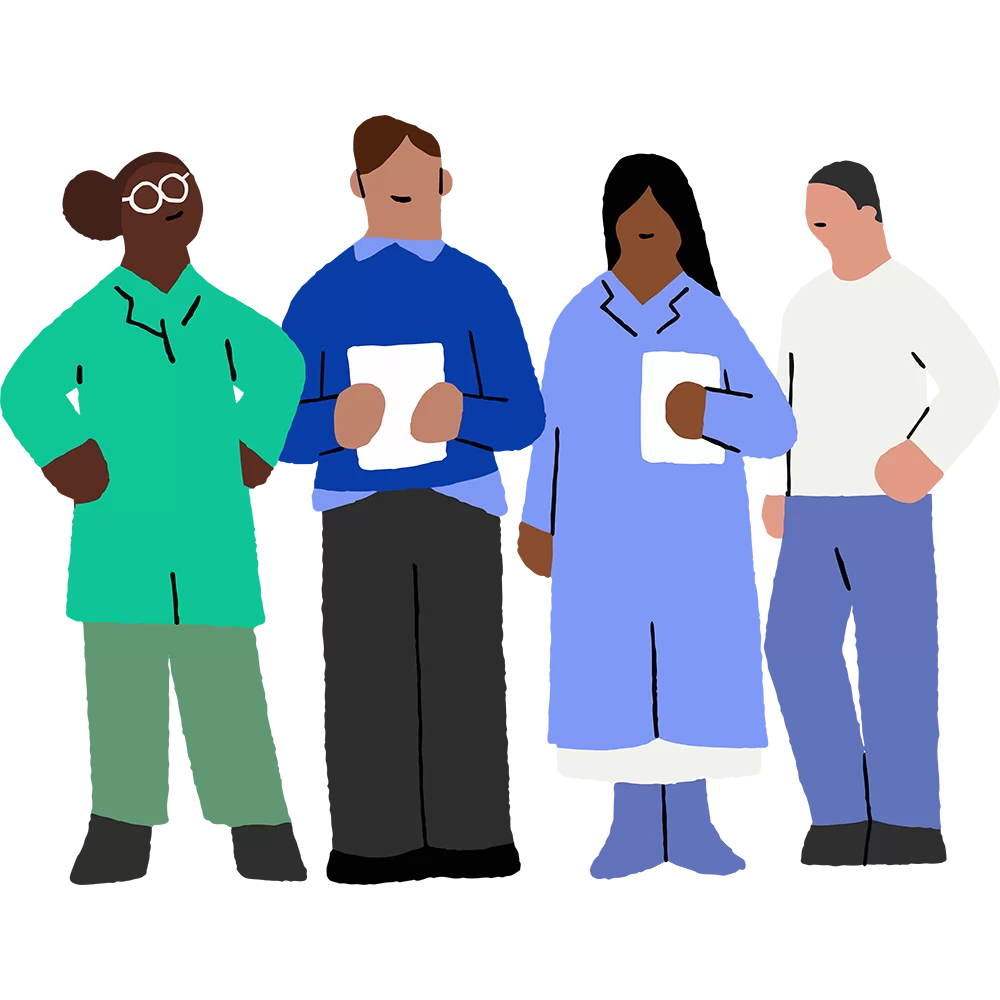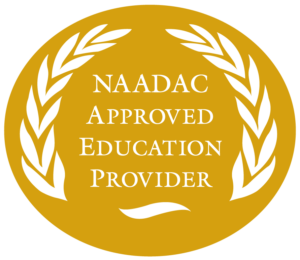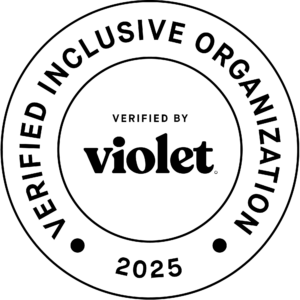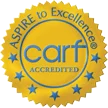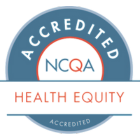Online Medication Assisted Treatment (MAT) for Opioid Use Disorder
Medication-assisted treatment (MAT) has emerged as a beacon of hope in opioid addiction. It combines the power of medications for drug addiction with supportive treatments, like counseling, for a comprehensive approach to recovery. With Eleanor Health, you can even obtain your prescription remotely, and pursue your entire treatment online.
Despite its proven effectiveness, a staggering reality is that only 20% of those with an opioid dependency receive this form of treatment. Understanding how MAT for opioids works, can help you determine if this is the right next step in your recovery.


